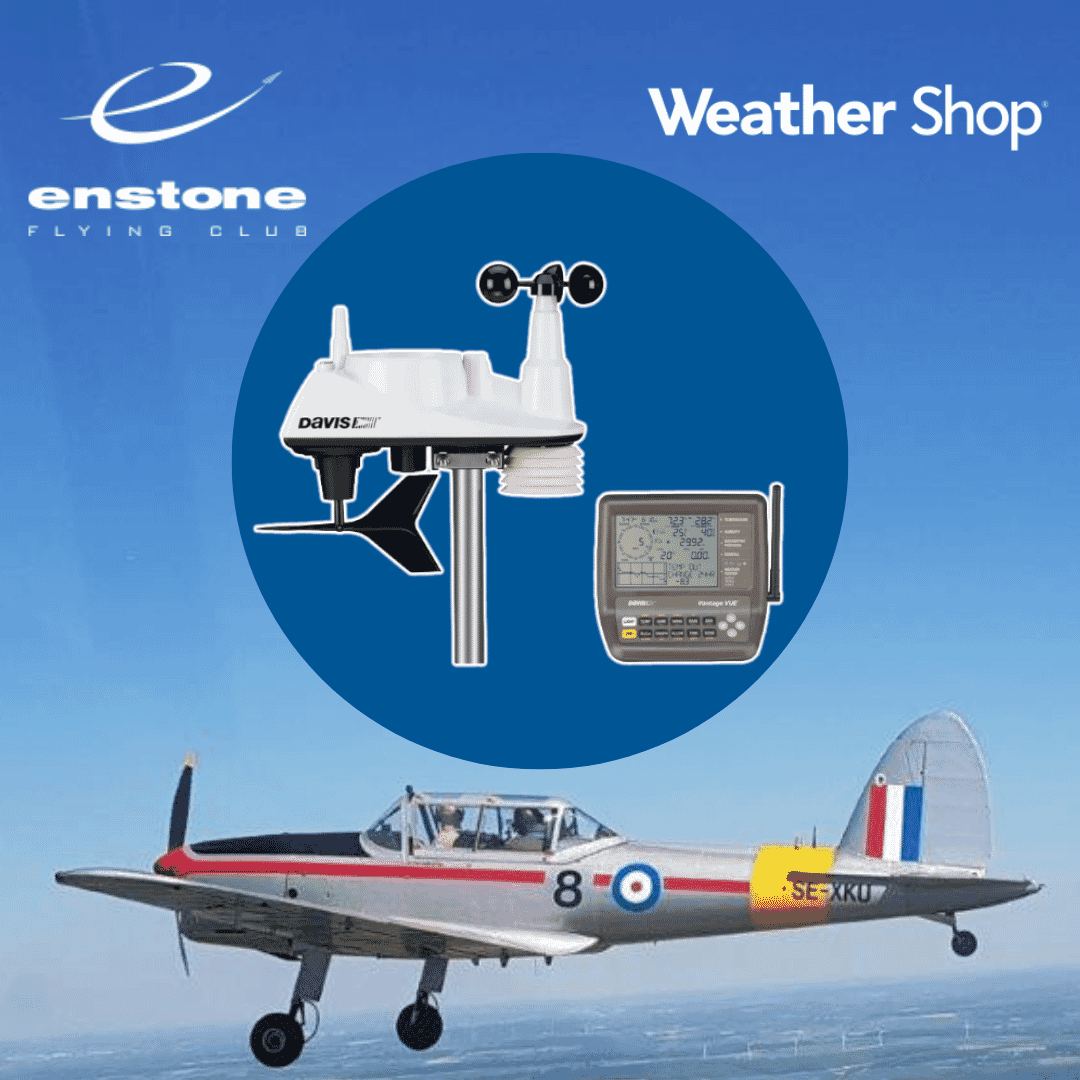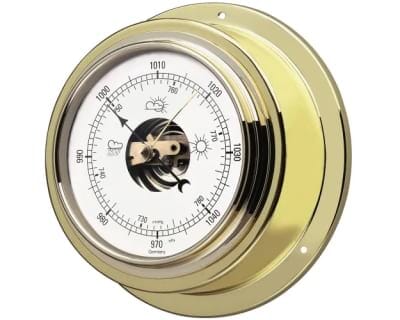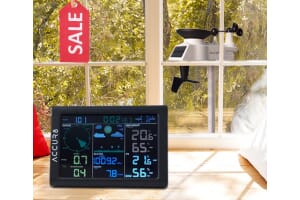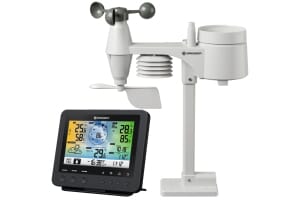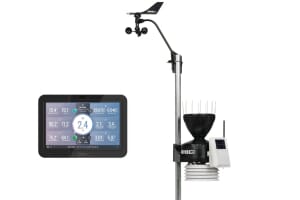
-
Posted: March 06, 2023Categories: General Interest
-
Posted: October 27, 2022Read more »
Since pre-historic periods men and women have looked to the sky and wondered what the weather was going to do - perhaps for planned hunting trip or drying pelts gathered from such a trip. Originally it was assumed that the sun ruled the earth’s weather and it was therefore worshipped as a god. Of course in many ways, arguably, we now know that premise to be more or less correct. It is worth remembering that during much of the Bronze Age period climatic conditions in the UK and Europe as a whole were much warmer than those we currently experience, allowing expansion and exploration northwards, although this trend was reversed during much of the cooler Iron Age period.
As soon as mankind adopted an agrarian lifestyle however, having some understanding of the patterns of the weather became essential for crop cultivation. If the crops failed because of drought or flooding, then the villagers would starve. In fact we know that as early as about
-
Posted: April 21, 2021Read more »
If you have been doing some research already on a weather station for your school, you will have seen there are various weather stations on the market that are able to store data on a PC for later analysis, to create graphs, generate summaries, and more. There are two weather stations that we recommend for use in education: the Davis Instruments Vantage Pro2 range, and the Davis Instruments Vantage Vue. Other models are too basic, not robust enough thus their longevity is short, and do not give the accuracy required.
Our Top Recommendations for School Weather Stations
-
Posted: June 25, 2019Categories: ResearchRead more »
If you're involved with Bat Surveys, you'll know the importance of having a reliable record of weather data.
Scottish Natural Heritage have produced best practice guidance for developers and planners to ensure that onshore wind energy developments post minimal risk to bats.
Section 5.2.6 states: Weather data including wind speed, temperature and rainfall are important for the interpretation of bat activity data, and should be recorded nightly for all types of bat survey. The use of automated weather meters is strongly encouraged, and it is suggested that more than one unit is deployed per site to allow for equipment failures.
See the full guidance on the nature.scot website
We have many customers who find a
-
Posted: December 20, 2017Read more »
Firstly, to cover off measuring the actual depth of snow. By far the simplest method is to use a ruler! Remember that its just an indication of how much snow is on the ground, not how much snow has actually fallen, much may have melted or sublimated (evaporated, which can occur in very dry, sunny or windy conditions). Find a flat area (such as your lawn) away from drifts or any obstacle likely to have caused an obstruction to falling snow; even trees and bushes 2-3 metres away can create areas of uneven depth, especially when it has been windy. We measure to the nearest cm and report the snow depth at least once a day, at 09Z, if possible.
The amount of snow can also be measured by what is known as its 'water equivalent'. The problem is that unless you've got a heated rain gauge (and the UK Met Office does use these), any snow will not drip through into the tipping bucket mechanism either at all or at the time corresponding to that in which in fell in, unless it is very wet. If too
-
Posted: November 22, 2017Read more »
We learn to live with the weather from almost as soon as we are born. It affects our moods, our health, our work and indeed the relationships we have with others. It is worth understanding a little more about the topic simply because there is little else that has so much of an impact on our everyday lives. We may try and shut it out, create our own micro climates: central heating, air conditioning and double glazing but one way or the other it is likely to affect us. The price we pay for our consumer services is very often in some way dictated, to a greater or lesser extent, by what the weather has been doing in the past month. With the greater emphasis we now place in the 21st century on understanding climatic change and the influence that this also has on our society, there has never been a better time to understand something of the basics of the science of meteorology; the weather.
The definition of the science of the weather
-
Posted: November 21, 2017Categories: General InterestRead more »
As could be seen in part two of this potted history, the Admiralty was reasonably well prepared for the onset of hostilities. Four years previously, in 1935, documents were produced authorising aircraft carriers, battleships and larger cruisers to be equipped according to their status and advising on the location of the Met Office and balloon shelter; also the siting of certain crucial, and delicate, meteorological instruments in order that they were able to function in the desired manner.
As could be seen in part two of this potted history, the Admiralty was reasonably well prepared for the onset of hostilities. Four years previously, in 1935, documents were produced authorising aircraft carriers, battleships and larger cruisers to be equipped according to their status and advising on the location of the Met Office and balloon shelter; also the siting of certain crucial, and delicate, meteorological instruments in order that they were able to function
-
Posted: November 20, 2017Read more »
We may find a number of elements causing problems outside in the garden during the winter months. These include frost, and penetrating cold, high winds, heavy snow and heavy rain causing waterlogged ground.
Usually dry winters present the least problem, not least because even a dry winter sees far less water loss through evaporation and transporation than even a mid autumn month. However, with dry winters can come chill northerly or easterly winds of course. Whilst very cold weather is often blamed for plant loss, in fact it's usually the combination of the wind with very cold temperatures. Such early cold in November and early December is particularly problematic, as deciduous plants are very vulnerable then- because they are not yet fully dormant. Longer periods of severe weather (of more than a week) will also likely be damaging later in the winter. It is possible to minimise the damage likely by both wind and penetrating cold, though.
Strong
-
Posted: November 20, 2017Categories: General InterestRead more »
The meteorologist’s skills as used during WW1 must have been of use, particularly to the Royal Navy aviation world as once hostilities ceased, for those officers who had a particular interest in the weather; cessation did not appear to be an option. Although the majority of their work was done, these intrepid future RN Forecasters continued using their knowledge alongside their other duties on board ship.
At this time it did not really occur to anyone that these skills could be transferred to the shore bases where a few planes were still based. True most of the aerodromes had been transferred to the newly formed Royal Air Force, but now that the Naval Air Service (NAS) had disbanded, Royal Naval Air Stations (RNAS) were beginning to come into being, after all aircraft carriers were beginning to come into their own and when the ships were not at sea or were being refitted it was necessary to store the planes somewhere. Most of these stores were part of
-
Posted: October 25, 2017Categories: EducationRead more »
We often receive calls from schools who remember having a Stephenson Screen in their school grounds as a child which is where they went to get the temperature readings. We still agree that this is a valuable way of enhancing your students experience of weather, however there is only so much you can measure in this way - temperature and humidity!
Therefore the benefit that electronic, or Automated Weather Stations (AWS), provide students is enormous. As discussed earlier AWS can be used in meteorology (as part of Geography), science and technology, maths, communications and media, and ICT.
We are often informed that weather data for all areas of the UK and world can be gained so easily from the world-wide web, so why would you use your budget to purchase an AWS for your school or educational establishment?
One teacher who had purchased from us summed it up well: He had been using an online weather data source for several years, then one day he went to it it was no

